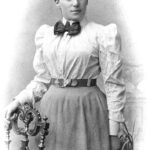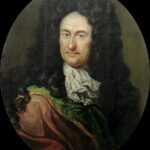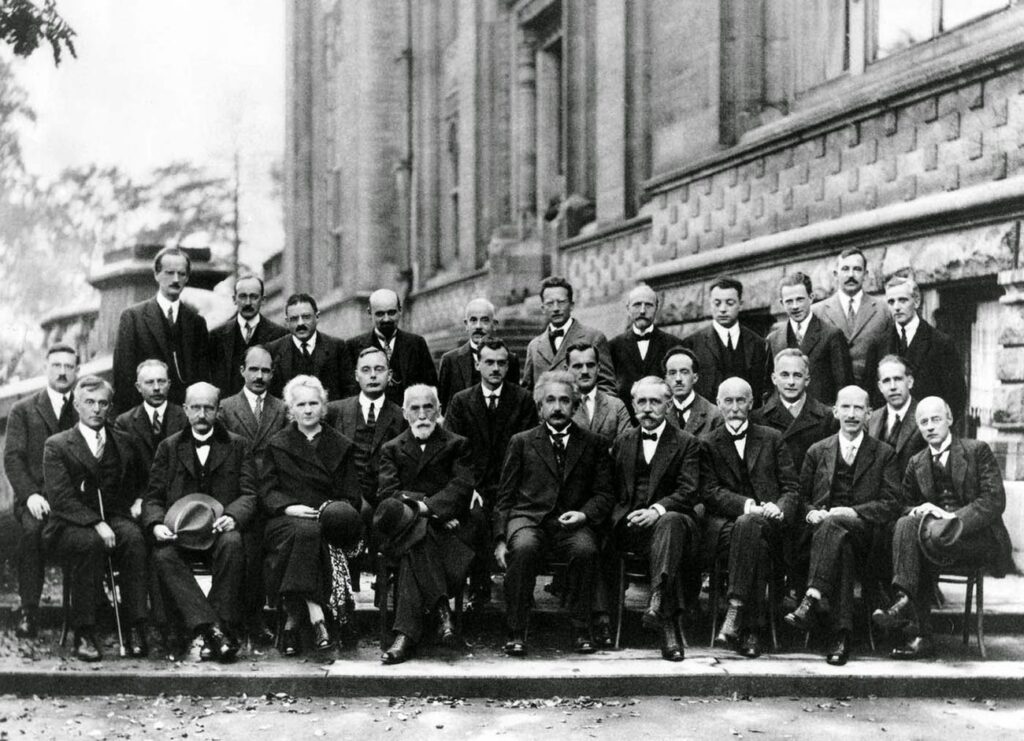
When people think of German scientists, Albert Einstein is often the first name that comes to mind. While Einstein’s contributions to physics are monumental, Germany has produced countless other brilliant minds who have shaped the modern world in fields ranging from chemistry and medicine to engineering and quantum mechanics.
From revolutionizing the periodic table to unraveling the mysteries of space and time, German scientists have made some of the most groundbreaking discoveries in history. In this article, we celebrate the unsung heroes of German science—those who changed the course of human knowledge but don’t always get the spotlight.
German Science: A Legacy of Discovery
Germany has long been a global hub for scientific research. The country’s rich academic tradition dates back centuries, with many of the world’s greatest universities and research institutions calling it home. The 19th and 20th centuries, in particular, were golden ages for German science, producing dozens of Nobel Prize winners and pioneers in multiple disciplines.
Many German scientists laid the foundation for modern medicine, physics, and chemistry, often at great personal risk—facing wars, exile, or even political oppression. Yet their discoveries continue to shape our world today, influencing everything from the way we treat diseases to how we understand the universe itself.
1. Max Planck – The Father of Quantum Theory
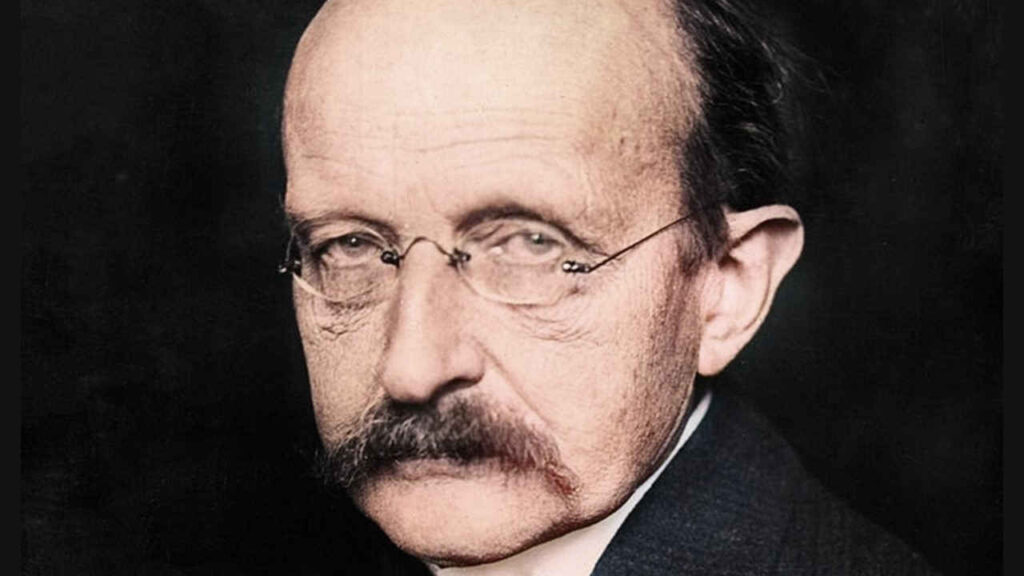
Before the world had even heard of quantum mechanics, Max Planck was already changing the game. His 1900 discovery of energy quanta led to the birth of quantum physics, which would later inspire Einstein, Schrödinger, and Heisenberg.
Why He Matters:
- Introduced Planck’s Constant, a fundamental concept in quantum mechanics.
- Laid the groundwork for modern physics, influencing everything from semiconductors to nuclear energy.
- Won the Nobel Prize in Physics (1918) for his contributions.
Did you know? Planck was initially skeptical of his own discovery, calling it a “mathematical trick” rather than a real physical phenomenon.
2. Robert Koch – The Pioneer of Microbiology
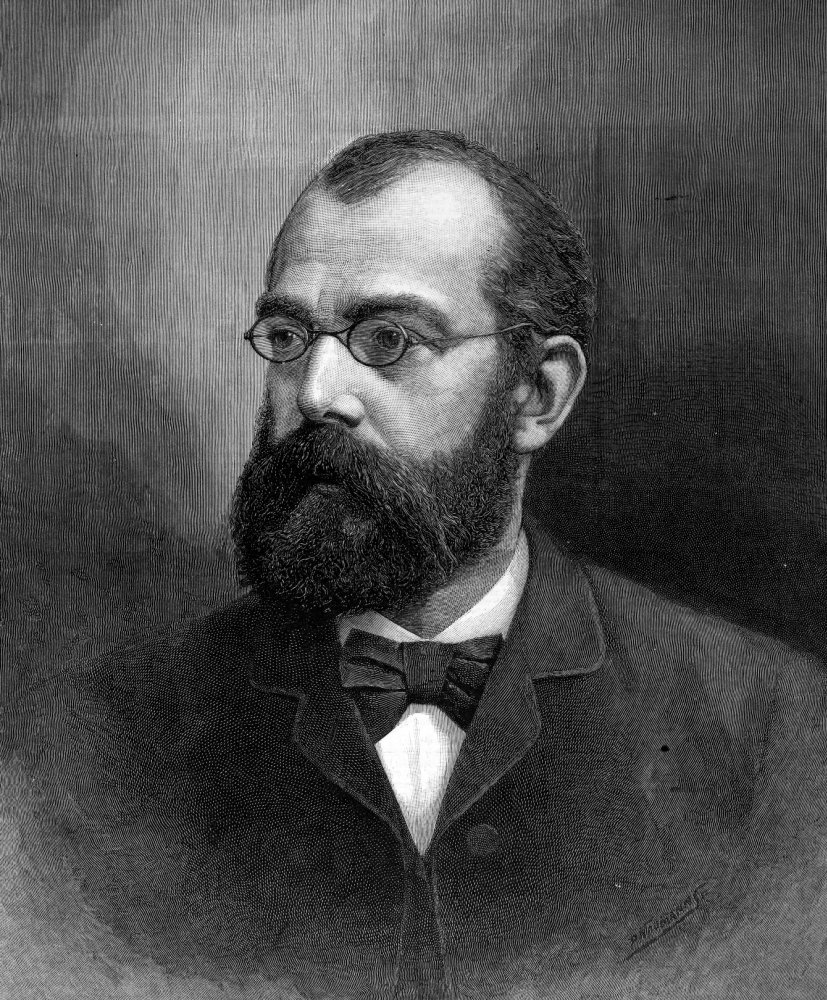
If you’ve ever had a vaccine or antibiotic, you can thank Robert Koch. He was the first scientist to identify bacteria as the cause of infectious diseases, laying the foundation for modern microbiology.
Why He Matters:
- Discovered the bacteria that cause tuberculosis, cholera, and anthrax.
- Developed Koch’s Postulates, the gold standard for identifying pathogens.
- Won the Nobel Prize in Medicine (1905) for his work on tuberculosis.
Did you know? Koch’s findings directly led to the development of antiseptics, sterilization techniques, and vaccines that have saved millions of lives.
3. Werner Heisenberg – The Man Behind the Uncertainty Principle
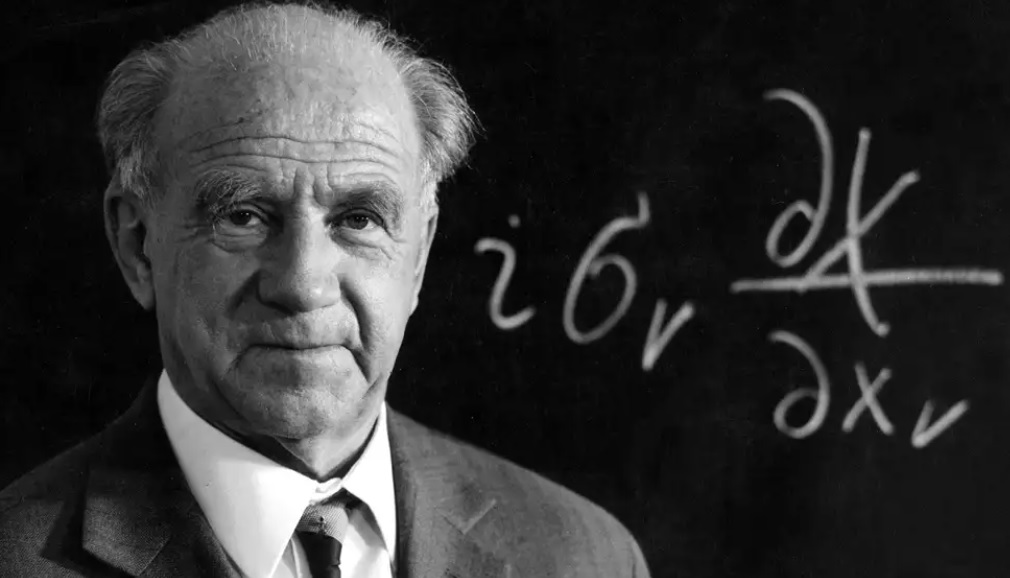
If quantum physics had a rockstar, it would be Werner Heisenberg. He played a key role in developing quantum mechanics, particularly with his famous Uncertainty Principle, which states that you can’t measure both the position and momentum of a particle with perfect accuracy.
Why He Matters:
- Co-founded quantum mechanics, revolutionizing modern physics.
- Developed the Heisenberg Uncertainty Principle, a core concept in quantum theory.
- Won the Nobel Prize in Physics (1932) for his work.
Did you know? Heisenberg’s ideas eventually influenced technologies like MRI machines, semiconductors, and even quantum computing.
4. Otto Hahn – The Father of Nuclear Fission
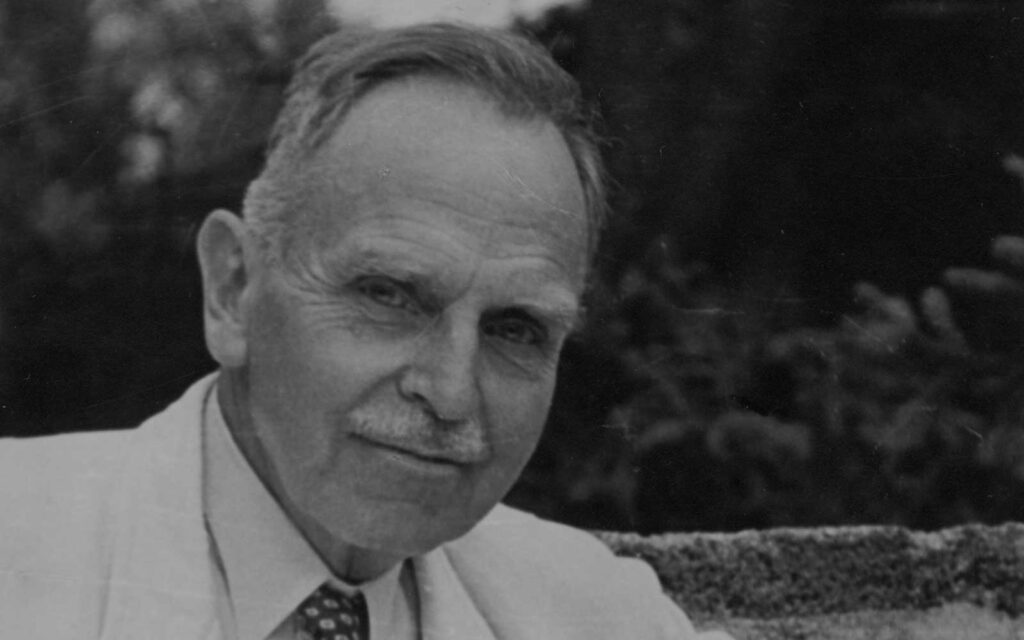
The nuclear age began with Otto Hahn, the scientist who discovered nuclear fission—the process that powers both nuclear reactors and atomic bombs.
Why He Matters:
- Discovered nuclear fission, which led to both atomic energy and nuclear weapons.
- Won the Nobel Prize in Chemistry (1944) for his groundbreaking research.
- His discovery eventually led to the development of nuclear power plants.
Did you know? Hahn was deeply opposed to nuclear weapons and later became an advocate for nuclear disarmament.
5. Carl Bosch – Revolutionizing Agriculture
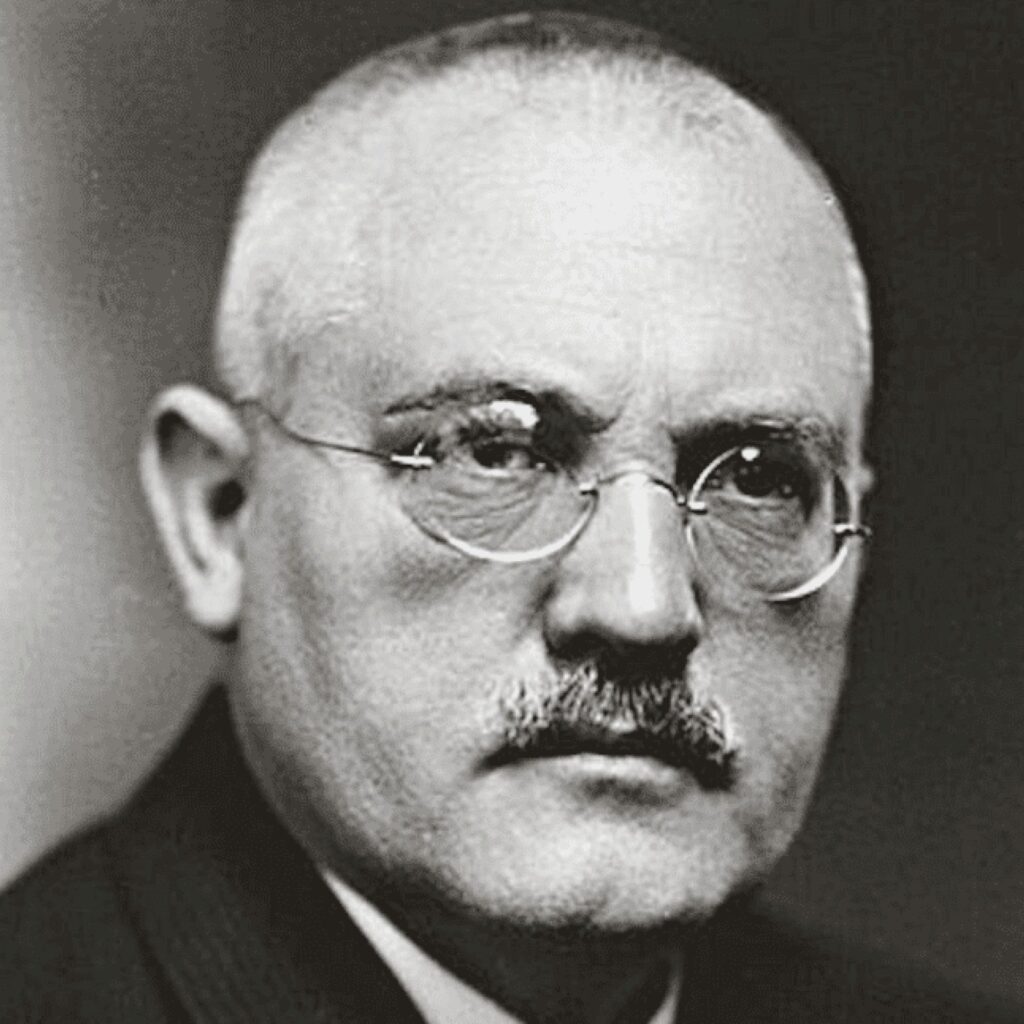
The next time you eat bread, vegetables, or anything grown with fertilizers, thank Carl Bosch. He played a crucial role in developing industrial-scale fertilizer production, ensuring food security for billions of people.
Why He Matters:
- Developed the Haber-Bosch Process, which allows the large-scale production of ammonia fertilizers.
- Helped prevent global famine by improving crop yields.
- Won the Nobel Prize in Chemistry (1931) for his contributions.
Did you know? Today, about half of the world’s food production relies on nitrogen fertilizers created using the Haber-Bosch Process.
6. Alexander von Humboldt – The Original Climate Scientist
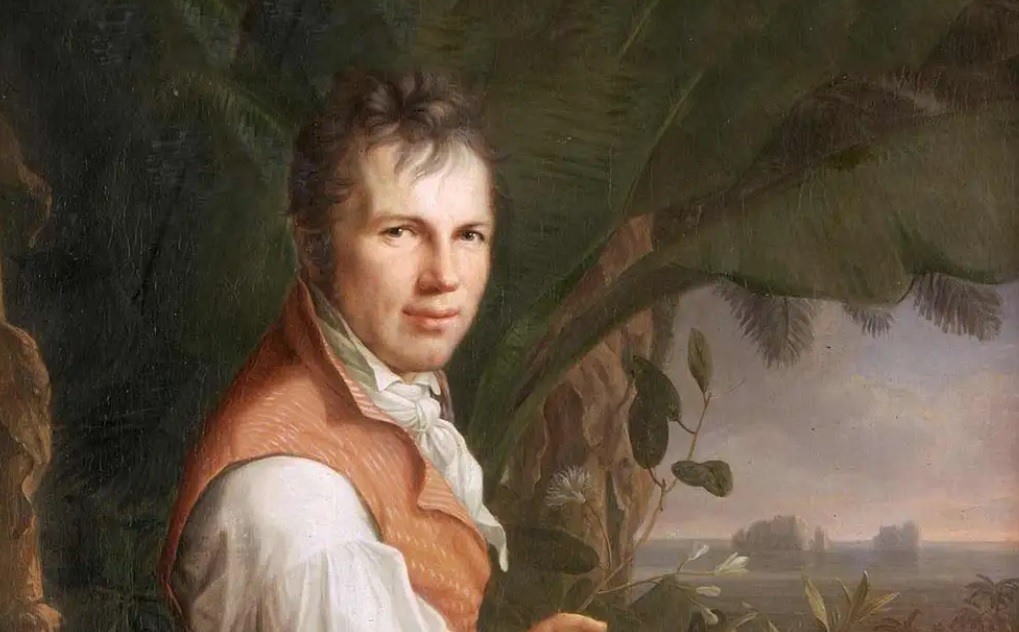
Long before climate change became a global concern, Alexander von Humboldt was already studying the Earth’s ecosystems and their delicate balance. Often called the father of environmental science, he introduced the idea that humans impact climate through deforestation and pollution.
Why He Matters:
- Laid the foundations for modern geography, climatology, and ecology.
- One of the first to recognize human-driven climate change in the 1800s.
- His work influenced Charles Darwin’s theory of evolution.
Did you know? The Humboldt Current off the coast of South America is named after him!
From the birth of quantum mechanics to the fight against infectious diseases, these German scientists have shaped the modern world in ways few others have. Their contributions continue to impact our daily lives, from the energy we use to the medical treatments that save lives.
Germany’s scientific legacy is one of innovation, perseverance, and world-changing discoveries—a tradition that continues today in universities, research institutes, and industries across the country.
Curious to learn more about Germany’s contributions to science and culture? Check out our articles on German Women – Scientists and Inventors, Albert Schweitzer – Nobel Peace Prize Winner, and Education in Germany: A Comprehensive Overview to dive deeper into Germany’s incredible innovations!



